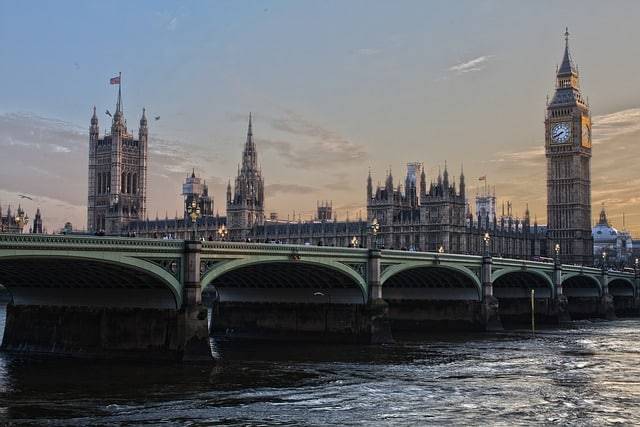Speechwriters’ advice: Do British politicians give too many speeches? Does anybody listen anymore?
Speechwriters slave away writing speeches every day in Parliament. Are they wasting their time? When was the last time you organised your day around a politicians speech? Maybe out political leaders should make speeches a little less and be heard a little more
Imagine that there are some normal, non-political, non-geeky people who actually take the time out of their busy day to listen to our politicians seemingly daily speeches.
Then, let us push the bounds of credibility even further and imagine that they listen to a whole speech from beginning to end. How much do they remember about what was said?
People’s memories and perceptions of a speech are largely based on how a speech and the speaker made them feel, rather than the words they said, which is surely another argument for giving fewer speeches.
What was the last memorable speech given by any of the Conservative, Labour, Lib Dem and UKIP leaders? What was the last speech the readers of this political magazine listened to in its entirety?
CAMERON
I remember four of Cameron’s speeches. His pre-leadership speech to conference, his speech at the beginning of the coalition – the one in the garden, his speech when he came out for NO2AV and his apology speech for the Bloody Sunday killings.
CLEGG
I can’t remember a Clegg speech. At all. Seriously, I am not being mean, I just can’t.
MILIBAND
My only memory of a Miliband speech was the most recent one at the Durham Miners’ Gala where the backdrop and the visual image of the speech was stronger than the content of the speech. I only remember one line from his speech and that was three days ago! Oh, this is unfair, I remember him speaking at the Labour leadership elections.
FARAGE
Farage does his angry, ranty anti-EU speeches which are quite entertaining and jump up and down delivered. But even they are all the same aren’t they?
It is probably safe to assume that these four party leaders have all been talking and giving speeches incessantly before and ever since they became leaders of their parties.
Poor hard working speechwriters write these armies of words every day. Speeches to the party faithful and to their parliamentarians are important. But what about the people who don’t frame their party membership cards and put them on the wall? Never mind the floating voter, what about the normal voter?
I am a weird political geek by most standards – but if I can hardly remember any of their speeches, what chances do the normal real people have?
When doing business in China, the main negotiator talks all the time. But the older guy who says nothing but listens in the background, he is the dude – not the talker. Prime Ministers and Leaders of parties and indeed Ministers are important people, or at least they hold important jobs. Maybe they should talk less. Maybe if they talked less they would be listened to more.
Americans gather around televisions in homes and bars to watch their president give the State of the Union address. Most Brits know exactly who they will be listening to on Christmas Day at 3pm and they factor it into their day, their eating and their drinking schedules.
Serious question: In the UK, when did anyone (apart from political staffers and inhabitants of the Westminster Village) even think of organising their day or their meals around a political speech?
Most leading politicians spend their lives going from venue to venue and giving speeches to members of the public who remember very little of what they say and their security details who can probably recite each word and ‘joke’ off by heart. No wonder the public say politicians are all talk and no action.
The politicians don’t have time to do anything! They are talking all the time.
Perhaps this is the ultimate victory and winning tactic for Sir Humphrey? Keep the meddling Minister out of the office – give them 20 speeches a week to deliver – they will get nothing done and feel important at the same time. Perfect.
By making speeches so often, politicians have cheapened their potential power of their words. The public have switched off and got on with their lives, relying on being told what the leaders of our political parties say by the media and commentators and seeing the odd snippet or soundbite on television.
More precisely, the public are told what the media thought of the speech, their interpretation of its content and their analysis of its delivery. Filtered. (Ed: Delicious irony, here!)
Politicians’ words are heard via someone else’s ears, mixed with their perceptions and prejudices and then regurgitated, recounted, summarised, abbreviated, analysed and commented on in someone else’s wor

